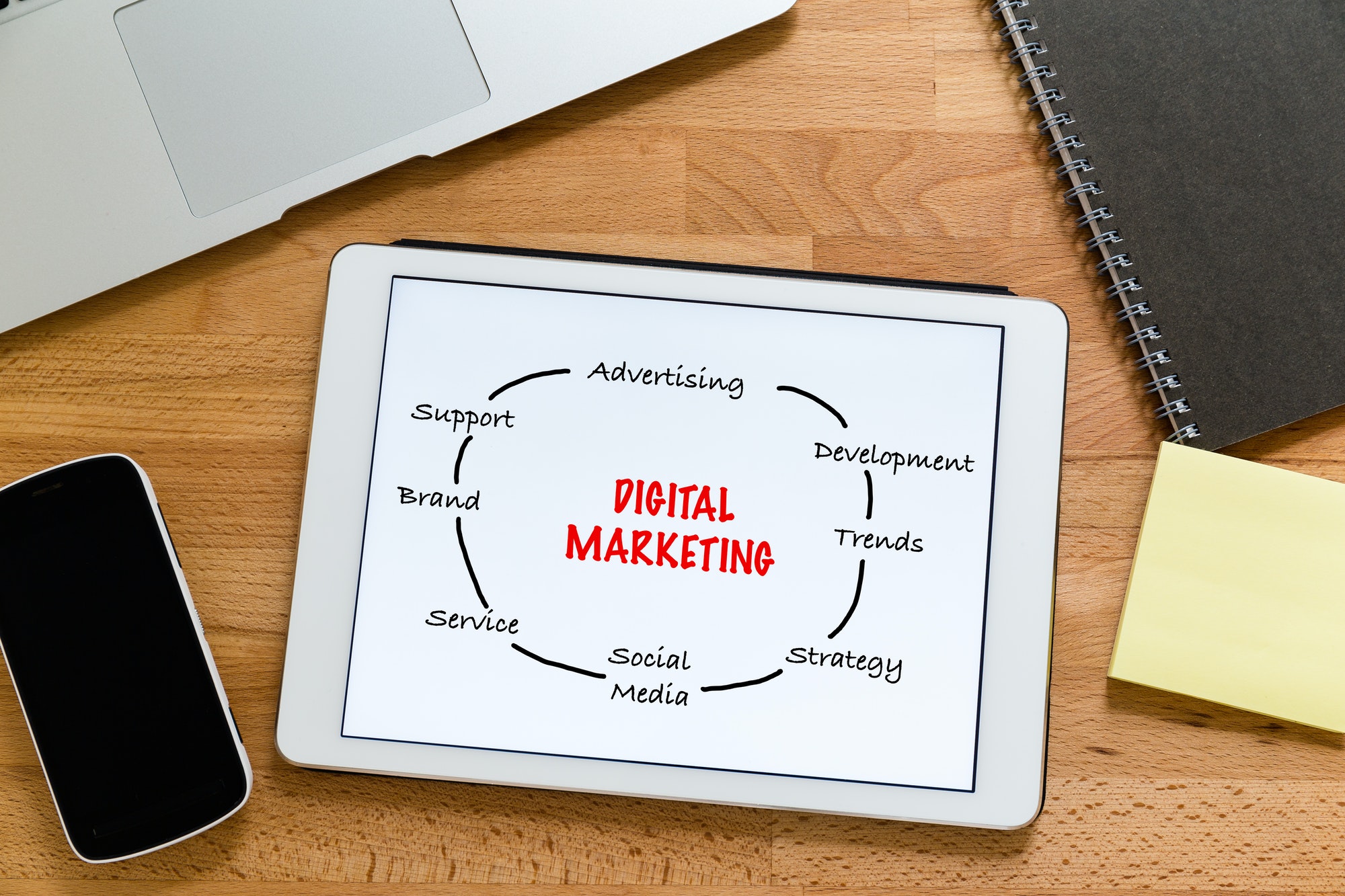A Brief Introduction to Digital Marketing
Andile
February 4, 2025

A Brief Introduction to Digital Marketing
In today’s fast-paced digital world, businesses must establish a strong online presence to remain competitive. Digital marketing has emerged as a crucial strategy for reaching and engaging audiences in ways that traditional marketing cannot. Whether you’re a small business owner, a marketing professional, or just curious about the digital space, understanding digital marketing is essential for success.
What is Digital Marketing?
Digital marketing refers to the use of online channels, platforms, and technologies to promote products and services. It encompasses a wide range of strategies, including search engine optimization (SEO), content marketing, social media marketing, email marketing, and paid advertising. Unlike traditional marketing, which relies on print, television, and radio, digital marketing leverages the internet to reach targeted audiences more efficiently.
Key Components of Digital Marketing
1. Search Engine Optimization (SEO)
SEO is the practice of optimizing a website to rank higher in search engine results pages (SERPs). This involves keyword research, on-page optimization, link building, and technical SEO to improve visibility and drive organic traffic.
2. Content Marketing
Content marketing focuses on creating and distributing valuable, relevant content to attract and retain an audience. This includes blog posts, videos, infographics, and ebooks that provide useful information and build brand authority.
3. Social Media Marketing
Social media platforms like Facebook, Instagram, Twitter, LinkedIn, and TikTok allow businesses to connect with their audience, share content, and promote products. Engaging content, influencer collaborations, and paid promotions help boost brand awareness and customer loyalty.
4. Email Marketing
Email marketing remains one of the most effective digital marketing strategies. Businesses use email campaigns to nurture leads, promote offers, and build relationships with customers through personalized messages and newsletters.
5. Pay-Per-Click (PPC) Advertising
PPC advertising involves paying for ads that appear on search engines, social media, or other digital platforms. Google Ads and social media ads allow businesses to target specific demographics and drive traffic to their websites.
6. Affiliate and Influencer Marketing
Affiliate marketing involves partnering with individuals or companies who promote your products in exchange for a commission. Similarly, influencer marketing leverages social media influencers to expand brand reach and credibility.
7. Analytics and Data Tracking
One of the biggest advantages of digital marketing is the ability to track and analyze data. Tools like Google Analytics, social media insights, and customer relationship management (CRM) systems help businesses measure performance and optimize marketing strategies.
Why is Digital Marketing Important?
- Global Reach – Digital marketing allows businesses to reach a worldwide audience without geographical limitations.
- Cost-Effective – Compared to traditional marketing, digital marketing is often more affordable and provides a higher return on investment (ROI).
- Targeted Advertising – Businesses can target specific audiences based on demographics, interests, and online behavior.
- Real-Time Engagement – Social media and email marketing enable instant interaction with customers.
- Measurable Results – Data tracking allows businesses to analyze performance and adjust strategies accordingly.
Digital marketing is an ever-evolving field that continues to shape how businesses connect with consumers. By leveraging SEO, content marketing, social media, email campaigns, and paid advertising, businesses can build strong online presences and drive growth. Whether you’re a beginner or an experienced marketer, staying up-to-date with digital trends is crucial for long-term success.
Are you ready to take your marketing to the next level? Start implementing digital marketing strategies today and watch your business thrive in the digital age!
One Response
Leave a Reply Cancel reply
Recent Posts
Have Any Question?
Don’t hesitate to contact us!




Hi, this is a comment.
To get started with moderating, editing, and deleting comments, please visit the Comments screen in the dashboard.
Commenter avatars come from Gravatar.